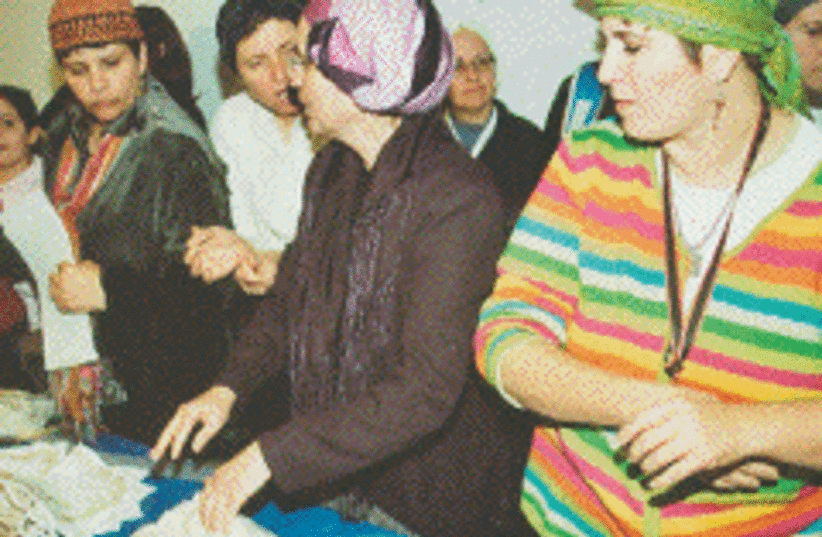| More about: | Land of Israel, Samaria, Neve Dekalim, New Jersey |
Living on a Prayer: Sources of strength and support
Former Gush Katif residents and visitors from Baltimore celebrate bat mitzvas.


| More about: | Land of Israel, Samaria, Neve Dekalim, New Jersey |